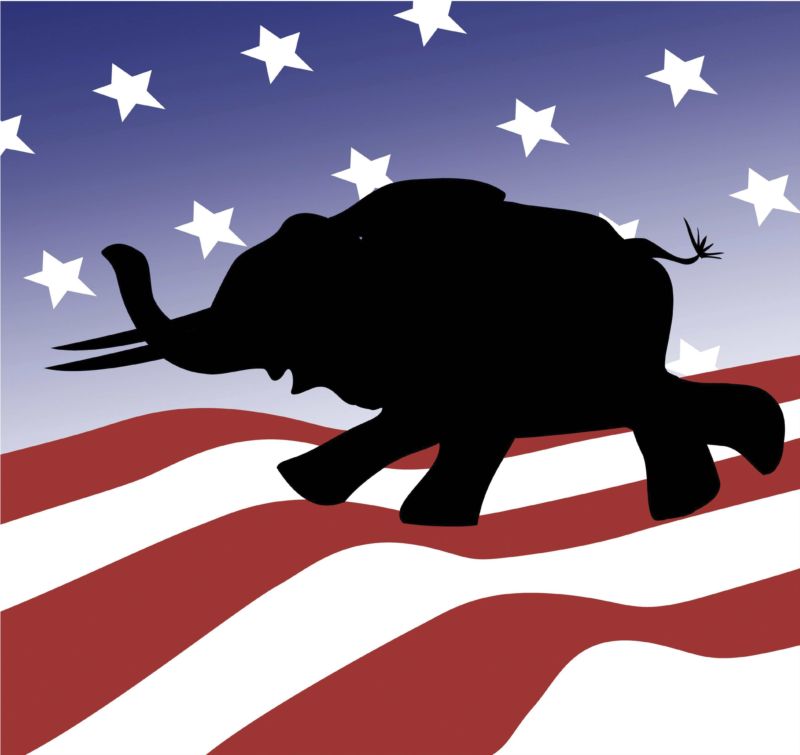
The congressional bill to reinstate net neutrality rules has finally received support from a House Republican.
US Rep. Mike Coffman (R-Colo.) today announced his support for the bill. Coffman is signing a discharge petition that would force the House to vote on a Congressional Review Act (CRA) resolution; the resolution would reverse the Federal Communications Commission's repeal of its net neutrality rules.
The US Senate approved the CRA resolution in May, with votes from all members of the Democratic caucus and three Republican senators. While 176 House Democrats have signed the discharge petition, Coffman is the first House Republican to do so.
"I hope more Republicans will join this effort and stand on the side of American families who rely on and overwhelmingly support a free and open Internet," said Sen. Ed Markey (D-Mass), who submitted the CRA resolution that passed in the Senate.
The petition needs 218 signatures, and Republicans hold a 236-193 majority in the House, so it's still a long shot. But advocacy groups that support net neutrality praised Coffman for becoming the first House Republican to sign the petition.
Demand Progress Executive Director David Segal said:
Representative Coffman's constituents—including small business owners, students, veterans, and all who rely on an open Internet—have spoken and demanded Congress overturn the FCC and restore net neutrality.
Coffman has demonstrated both independence and political fortitude in refusing to cower in the face of the demands of the Big Telecom lobby, instead siding with those he was elected to serve.
"Today, Congressman Mike Coffman joined the 86 percent of Americans who believe in preserving strong net neutrality rules at the FCC," Public Knowledge VP Chris Lewis said. "His leadership demonstrates the shift of the debate from one centered on what powerful interests in Washington want to what the American people have been demanding for years on a bipartisan basis."
Coffman introduces separate bill
Coffman today also introduced a new net neutrality bill that he calls the 21st Century Internet Act. It would prohibit Internet service providers from blocking or throttling lawful Internet traffic and ban paid prioritization.
Coffman's bill would also prohibit ISPs from charging other companies for network interconnection in certain circumstances. The FCC would have oversight over interconnection disputes, which can harm consumers.
"The fight to keep the Internet open belongs in Congress, not at the Federal Communications Commission," Coffman said in his announcement. "The American people deserve to know that their elected officials, not unelected bureaucrats, are fighting for their interest. That fight begins with my bill, which will create an 'Internet constitution' with the foundational elements of net neutrality."
Public Knowledge said that Coffman's bill "may need more refinement" in order to fully protect consumers. Even if Coffman's bill passes the House and Senate, Demand Progress warned that it could be "considerably weakened in the process."
Both groups thus prefer the CRA petition, which would reinstate FCC rules that were previously in place for three years and were upheld in court.
"While my bill moves through the Congress, I am taking an 'all of the above' approach by simultaneously signing the discharge petition on the CRA," Coffman said.
reader comments
105